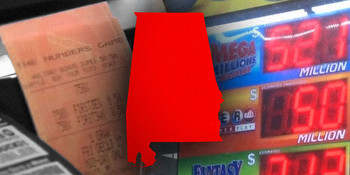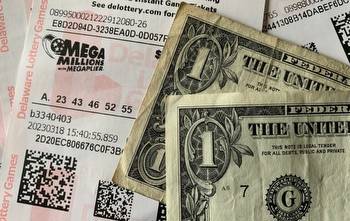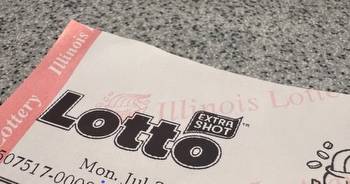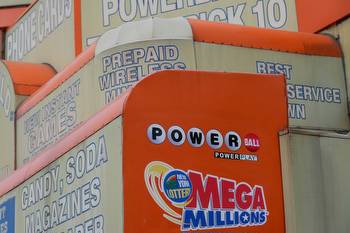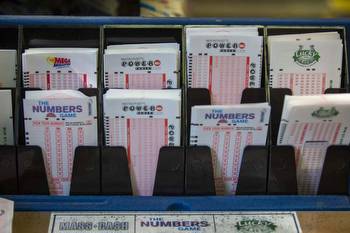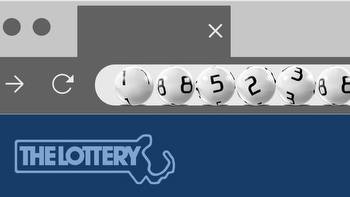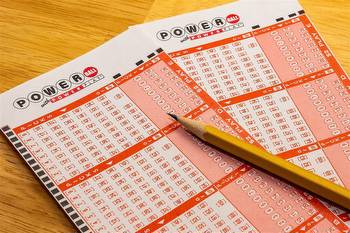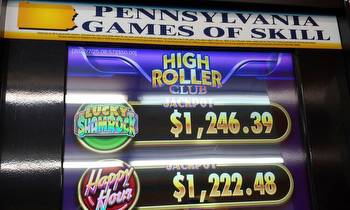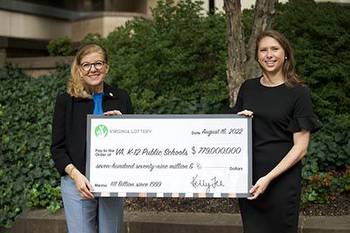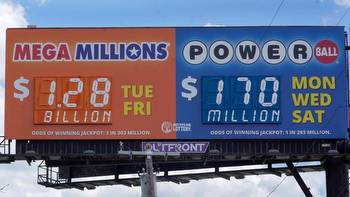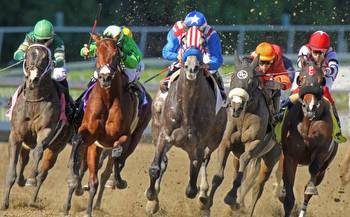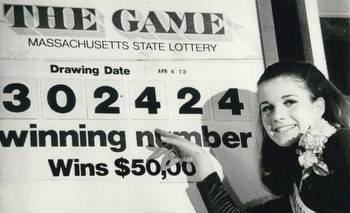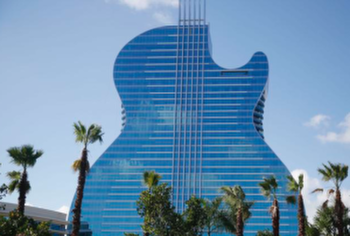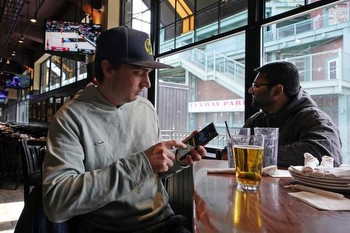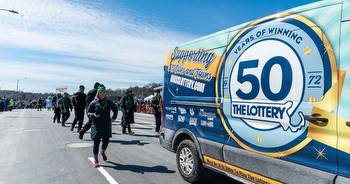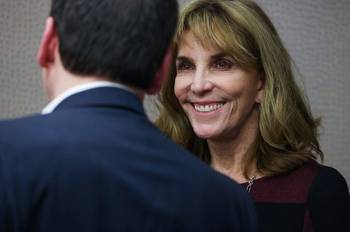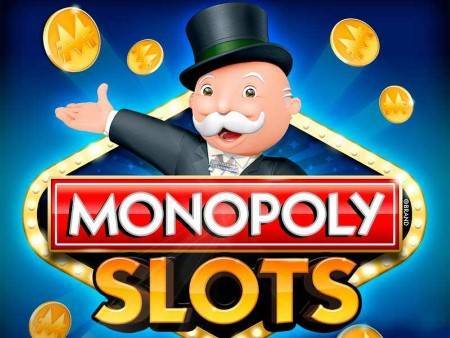Online lottery games would be a bad bet
In the early spring of 2020, as COVID-19 emergency orders closed bars and restaurants, and stay-at-home advisories kept many customers away from convenience stores and gas stations, Massachusetts Lottery sales did something unusual: They declined. Revenues in March, April and May were down by about $240 million compared to the same period a year earlier.
As disruptions go, that wasn’t much more than a hiccup — about 4 percent of the well over $5 billion that the Lottery racks up in sales each year. But state Treasurer Deborah Goldberg seized on the decline to lobby the Legislature for one of her favorite causes: Allowing the lottery to offer its games and products online and accept payment via debit cards.
“This pandemic has dramatically exposed the limitations and vulnerabilities of the lottery’s all-cash, in-person business model,” Goldberg told lawmakers. “The ability to process cashless payments and to sell our products online would have undoubtedly helped to mitigate our losses.”
But the lottery, it turned out, had no trouble mitigating its losses without online gambling. By July, the pandemic was pushing sales higher. According to the Lottery’s executive director Michael Sweeney, who testified Monday at a hearing of the Legislature’s Joint Committee on Consumer Protection and Professional Licensure, dollars that would normally have been spent on other forms of entertainment “got redirected towards Lottery products” instead. The result, as the commission announced in a press release last summer, was that revenues for fiscal 2020 were estimated at $5.25 billion, the third-highest total in the lottery’s 49-year history.
Yet even as the money rolled in, Goldberg kept pushing for the authority to expand into digital sales.
“An online Lottery in Massachusetts is not just a matter of convenience,” she said. “It is a necessity.” She and Sweeney keep insisting that the Lottery is doomed unless lawmakers let them move to online gambling — its fate, the director likes to say, will resemble the Titanic meeting the iceberg.
The Legislature remains unconvinced. The Massachusetts Lottery, like its counterparts in all but a handful of states, has not been allowed to take its games online. The only way to spend money on Keno, Megabucks, Powerball, or any of the Lottery’s umpteen other games is to do so in person, cash only.
Goldberg and Sweeney may chafe at being restricted to such a low-tech method of separating customers from their dollars, but those dollars continue to pour in without letup. When the current fiscal year ends on June 30, the Lottery will have shattered yet another earnings record: It is projecting nearly $1.1 billion in profits on an unprecedented $5.6 billion in revenues. This will be the seventh year in a row that revenues surpassed $5 billion.
State lotteries have been described as a tax on people who aren’t good at math. What does that say about Massachusetts? The average American annually shells out $288.06 on lottery tickets, but in Massachusetts, per capita spending on the lottery is a stunning $933.33 per year.
That is more than triple the national average. In no other state do residents spend anywhere near that kind of money on near-hopeless chances of winning a jackpot. Rhode Islanders, in second place, spend a yearly average of $626.11.
At the most basic level of dollars and cents, then, the Legislature’s refusal to let the lottery operate online has not hurt sales. America’s most successful state lottery remains extraordinarily lucrative.
Would it be even more lucrative if it were allowed to offer Mass Cash, Mega Millions, or the Numbers Game via smartphones and laptops? That is not at all clear — opening the door to online and cashless betting might simply displace in-person sales from convenience and package stores. That explains why Massachusetts retailers are so strongly against proposals for an online lottery.
They also oppose legislation that would require them to accept payments via debit card; the bank “swipe fees” charged for each debit transaction would reduce their lottery commission to just pennies.
Enlarging the Massachusetts Lottery to encompass online gambling isn’t just financially unnecessary, however. It is also morally indefensible.
Inequity is built into state-run gambling. Researchers have repeatedly confirmed that poor and low-income people are far more likely to spend money on lottery tickets. One 2018 study, for example, found that 28 percent of households nationally in the lowest income bracket were buying lottery tickets weekly, significantly more often than households in higher-income brackets.
Those earning $75,000 and up spent, on average, $105 per year on lottery tickets vs. $412 per year for those making $30,000 or less. Similarly, communities with more poverty and unemployment tend to have higher per-capita lottery sales. It is no secret that lottery tickets are most frequently purchased by people least able to afford them. All too often, those sales are fueled by hopelessness, desperation or bad judgment.
And in a small but significant number of cases, they are also fueled by an addiction to gambling. According to a 2017 University of Massachusetts survey, as many as 135,000 Massachusetts adults can be classified as “problem gamblers,” and four times as many are “at-risk gamblers.” Online and cashless Lottery games would exacerbate the temptation faced by compulsive gamblers, making it easier than ever for Massachusetts to lure them into wagers they are almost certain to lose.
One of the very few states to experiment with online lotteries, Minnesota, shut down its digital sales after realizing it had been a blunder. “This is not the online lottery,” one Minnesota lawmaker, state Representative Greg Davids told reporters. “This is online crack. This is addictive, and this is going to destroy families.”
The Massachusetts Lottery doesn’t acknowledge that it’s in the business of catering to people’s vices and weaknesses.
It promotes itself instead as a vehicle for raising money “to help cities and towns with the things they need most,” to quote one Lottery commercial. It is true that the Lottery each year disburses about $1 billion in local aid to Massachusetts communities. But that money is morally tainted by the way it is raised.
After half a century of successful operation, the Massachusetts Lottery is here to stay. It is making more money than ever and its popularity shows no sign of abating. That may not satisfy Treasurer Goldberg, but lawmakers should resist her exhortations to fix what isn’t broken. For good reason, Beacon Hill has consistently said no to an online Lottery. That’s one bad bet it should continue to avoid.









